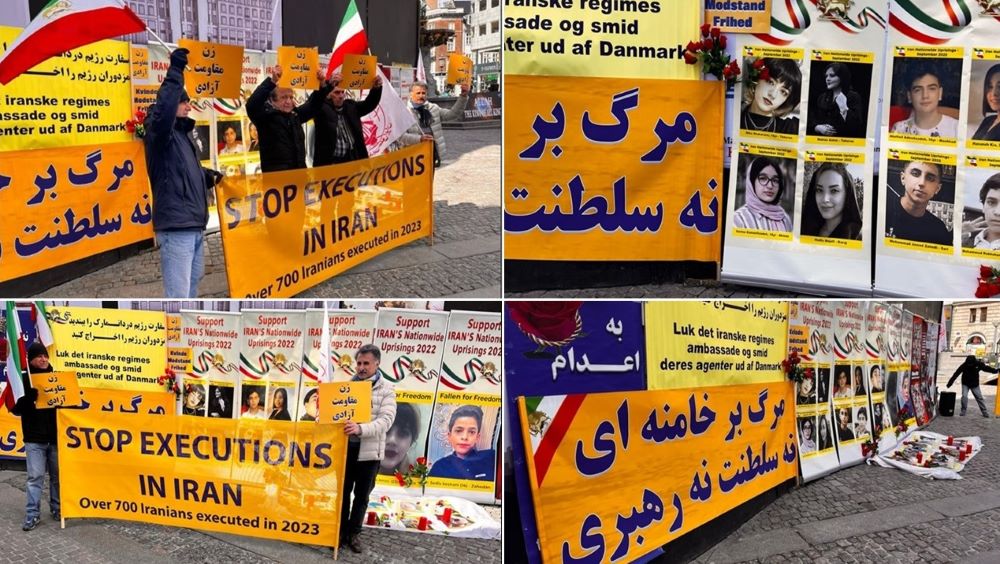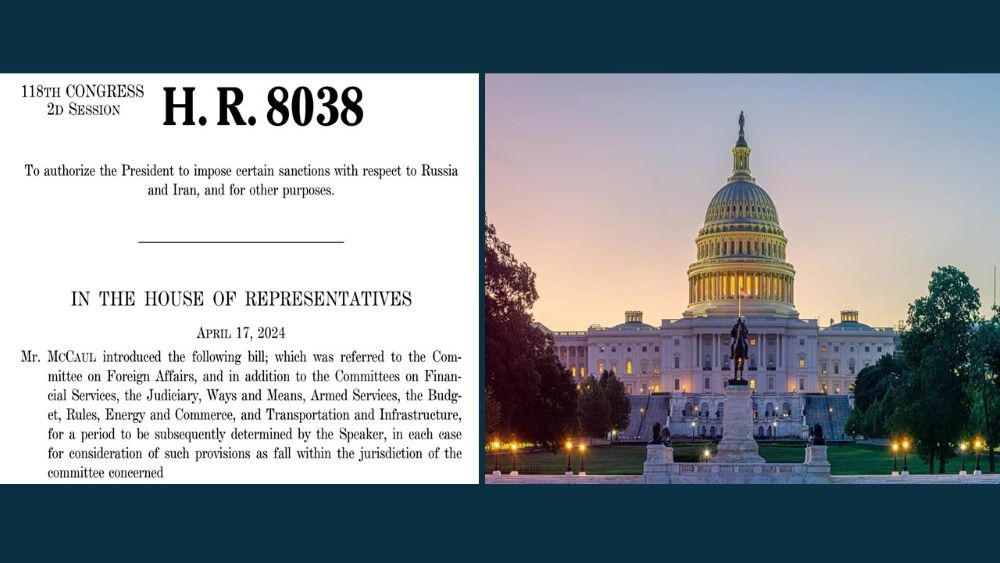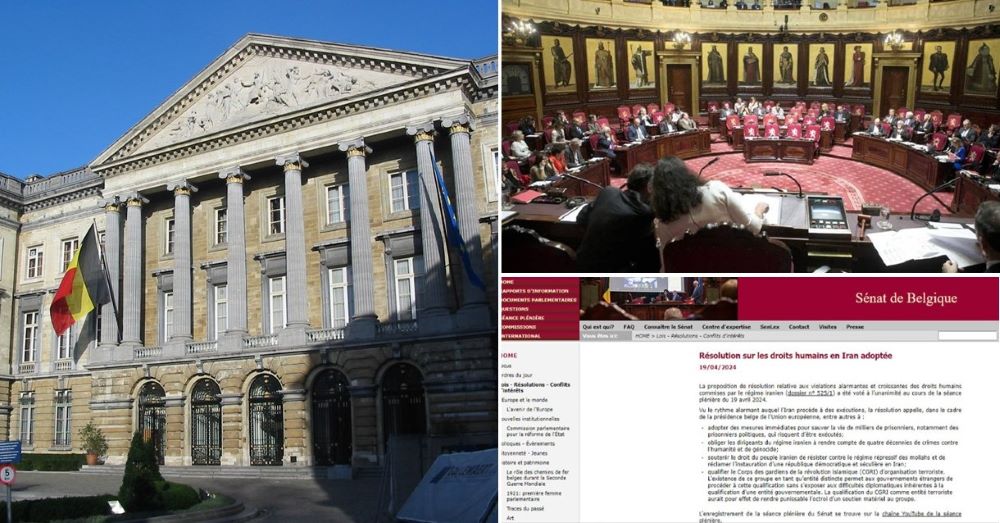On August 19, in a webinar hosted by the Iranian coalition opposition National Council of Resistance of Iran (NCRI) – U.S. Representative, several experts in international peace and security affairs attended and delivered remarks on the Iranian regime’s destructive role in the Middle East region and across the globe.
💠WATCH #Live Now: Amb. Paula Dobriansky, Amb. Robert Joseph, Prof. Matthew Kroenig, David Shedd, and Alireza Jafarzadeh discuss: "IRAN: The Imperative to Reimpose UN Sanctions"#Iran #UNSC @iran_policyhttps://t.co/He7WGAQOe2
— NCRI-U.S. Rep Office (@NCRIUS) August 19, 2020
Alireza Jafarzadeh, Deputy Director of the NCRI U.S. Representative Office, slammed the Iranian regime’s authorities for allocating billions of dollars to funding terrorist proxies like Lebanese Hezbollah instead of improving the country’s health apparatuses.
“More than 90,000 people have died of Covid-19 across the country. Instead of allocating money to save lives, the regime has provided $400 million to Hezbollah in Lebanon in the past six months as opposed to $300 million to counter the Covid-19 pandemic for a population of 85 million in Iran. That’s 59 cents per person per month,” Jafarzadeh said.
My take on the need to reimpose all the six previous #UN Security Council resolutions on the Iranian regime. This is a long-standing position of the Iranian resistance. Now is the time. #UNSC #FreeIran @SecPompeo @statedeptspox https://t.co/eLXw2FOtky
— Alireza Jafarzadeh (@A_Jafarzadeh) August 20, 2020
“While the highest paid nurses in Iran get at most $200 per month, the Iranian regime pays its proxies at least five times that amount. This shows where the priorities of this regime are,” he added.
David Shedd, former acting Director of the Defense Intelligence Agency, was the first speaker of the virtual event. In his remarks, Mr. Shedd underscored the necessity of extending the arms embargo on the Iranian regime as the leading state-sponsor of terrorism around the world.
Former Acting Director of the DIA, David Shedd argues that Tehran reciprocates good behavior with a bad one, suppresses own population, and makes rogue alliances. https://t.co/sHMyhcNZGH 19 Aug 2020 Iran Policy Webinar: The Imperative to Reimpose UN Sanctions. #UNSC
— Alireza Jafarzadeh (@A_Jafarzadeh) August 19, 2020
“The idea of the arms embargo from 2007, one of the few silver lining of the JCPOA [Joint Comprehensive Plan of Action, formally known as Iran nuclear deal] was not negotiating on the arms embargo. Around the region, I’ve come away with three principles:
– Good behavior by the international community has not been matched by good behavior by the Iranian regime. They are challenging the international order.
– The Iranian regime rules with a despotic hand when it comes to the interests of the Iranian people. Protests are suppressed by the regime’s security apparatus.
– It has made an alliance with Russia, China, and North Korea, and other bad actors when it comes to their missiles program and other malign behavior.
They are not a good citizen of the civilized world.

Amb. Paula Dobriansky, former United States Special Envoy for Northern Ireland, was the second speaker at the event. In her remarks, Amb. Dobriansky bolded the destructive role of the Iranian regime in regional peace and security. “You cannot look at Iran out of the geopolitical context. Iran is engaged in malign activities that undermine not only our interests but also those of our allies,” she said.
“Russia and China have established strategic partnerships with Iran. More than 70 percent of Iran’s arms imports come from Russia, its third largest buyer. Energy is also a crucial sector and Iran has formed an alliance with Russia and Qatar to export gas. Both Russia and Iran prop up the Assad regime in Syria,” Amb. Dobriansky added.
Remarks by Amb. Paula Dobriansky regarding Iran in the geopolitical context, maximum pressure vs. JCPOA, regional solidarity against Tehran & vulnerabilities of the regime in Iran, and secret executions by the regime. She spoke at @NCRIUS panel on #UNSC. https://t.co/SZJ04uGiu3
— Alireza Jafarzadeh (@A_Jafarzadeh) August 19, 2020
She also blamed the EU members of the United Nations Security Council for the rejection of extending the arms embargo on the mullahs’ regime. Amb. Dobriansky also mentioned the regime’s human rights violations inside Iran. “The conditions in Iran today is also worth noting, specifically the human rights record. All reports speak to the brutal actions and the egregious human rights record. Last November massive protests took place across all of Iran’s provinces. Lethal force was used to suppress and kill hundreds of innocent protesters, injuring thousands. The State Department reported 1,500 killed and 9,000 detained, but the real numbers can be much higher,” she added.
Prof. Matthew Kroenig, from the Department of Government and the Edmund A. Walsh School of Foreign Service at Georgetown University, delivered his comments as the third speaker. He began his remarks focusing on the mullahs’ regional and nuclear ambitions.
“Iran represents that threat in the Middle East. In the region, Iran’s nuclear program breakout time has shrunk to six months or less and is engaged in destabilizing activities in the region. This is a serious challenge,” Prof. Kroenig said.
Watch Professor Mathew Kroenig @MatthewKroenig today making the case for the return of #UNSC resolution on the Iranian regime https://t.co/0SVfl85P2A during the Iran Policy Webinar: The Imperative to Reimpose UN Sanctions. https://t.co/0SVfl85P2A
— Alireza Jafarzadeh (@A_Jafarzadeh) August 19, 2020
“On the embargo, lifting the arms embargo would pose a problem for the U.S. and its allies. Our European allies don’t want to see this happen. The best remaining option is to snapback the arms embargo. The U.S. is within its rights to snapback the sanctions. There’s a bipartisan consensus to prevent Iran from building a nuclear weapon. I hope we can keep the pressure on Iran and negotiate a better deal,” he added.
Amb. Robert Joseph, former Under Secretary of State for Arms Control and International Security, delivered his remarks as the last speaker at the event. He highlighted that it is impossible to rein a rogue regime such as Iran with generous concessions.
“The question of extending the UN arms embargo provides a microcosm of wider issues. It is self-evident that continuing the arms embargo is necessary for the U.S. and the international community. Without the embargo, Iran would gain access to advanced capabilities to further its regional aggressions.
“Failing to extend the embargo would be the end of any prospect for establishing multilateral sanctions in the future. Failure to lead and prevail on this issue would have negative consequences for the U.S. It could also have wider implications for the UN Security Council.
Former Undersecretary of State for Arms Control and Int'l Security, Ambassador Robert Joseph makes the case for regime change by the Iranian people as the only viable way to counter the threat from the Iranian regime as #UNSC is due to lift arms embargo. https://t.co/pQWZnEAFGt
— Alireza Jafarzadeh (@A_Jafarzadeh) August 19, 2020
“Let’s not forget how many times the previous administration said there was a binary choice between war and negotiations. Negotiation is not always the best solution. Just ask Mr. Chamberlain who had a successful negotiation with Hilter. The negotiation encouraged the Germans to continue their aggression,” Amb. Joseph said.

